1
Prior to construction, samples are taken of both virgin and enhanced soil. A UKAS laboratory assesses soil properties and undertakes testing to formulate the required composition of reagent.
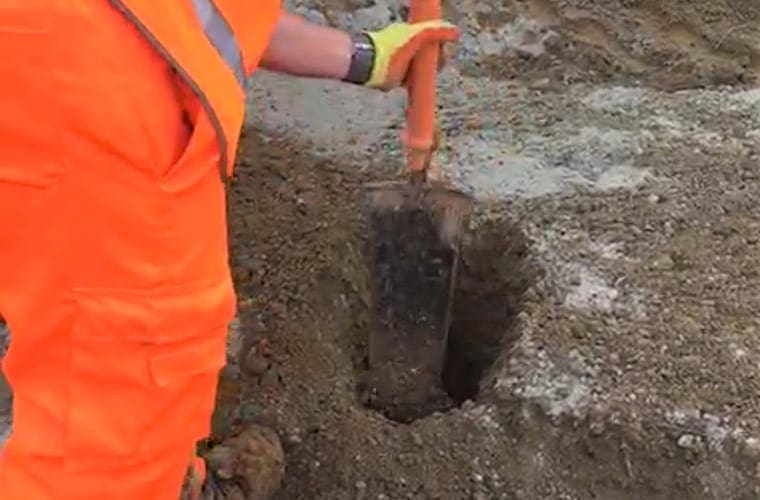

2
A meeting is arranged with the main contractor and/or the landowner/land agent to discuss and agree the exact seed or crop that is to be sown upon completion of works.
3
The surface stone is stripped and relocated. Often this is donated to the landowner or main contractor for reuse or recycled by traditional methods.
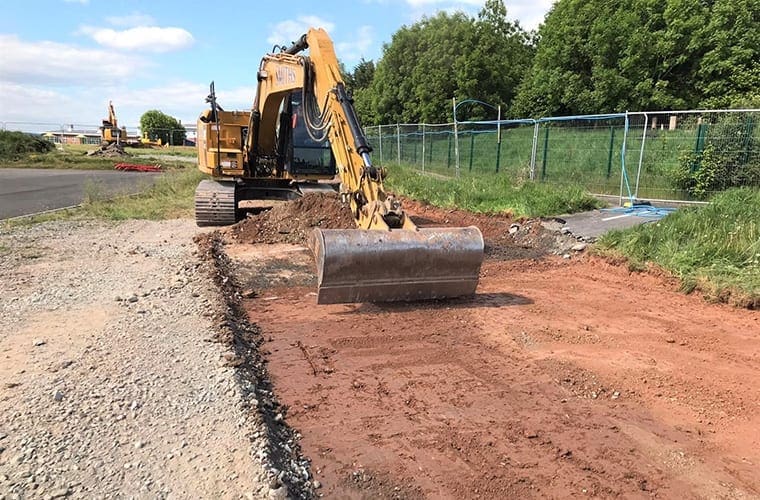
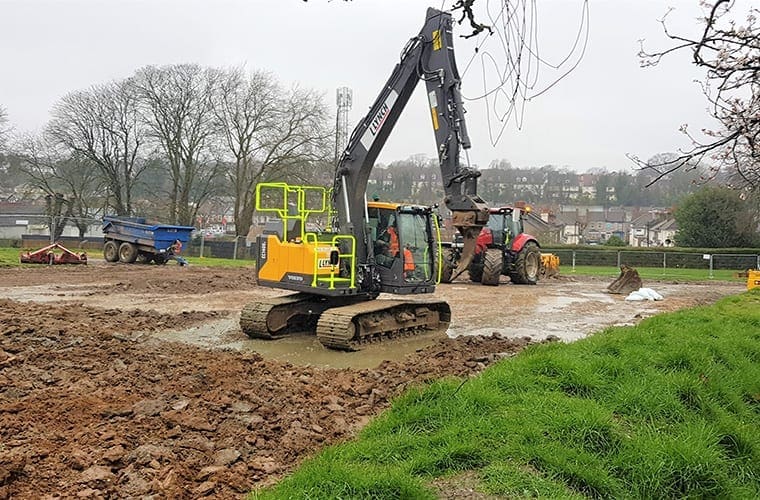
4
The stabilised subbase is broken up using a tractor pulled subsoiler or an excavator with a ripper tooth.
5
The site-specific blend of reagent is mixed with subbase material using a Stehr dust free mixer. The addition rate of reagent is controlled through an on-board computer system.
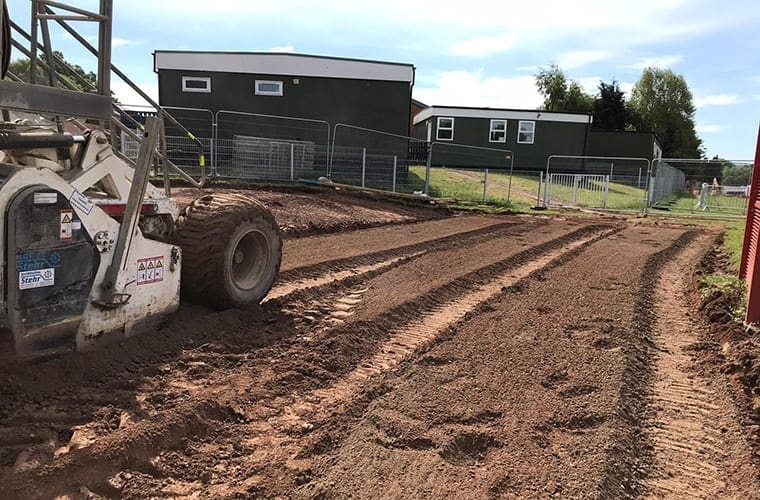
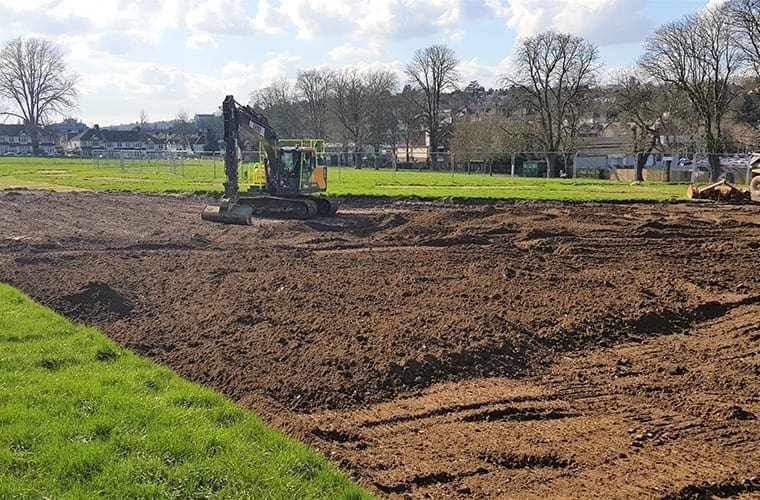
6
Topsoil preserved from the initial construction phase is spread evenly across the area of reinstatement.
7
A power harrow is employed to condition the topsoil to a healthy tilth ready for seeding.
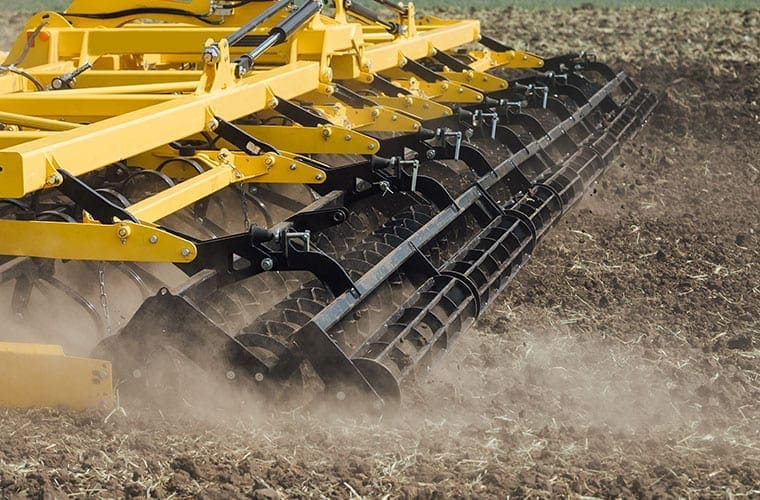
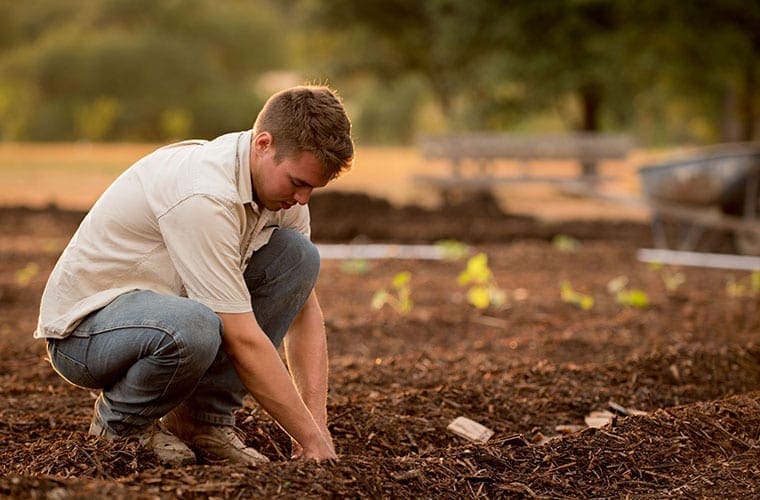
8
If seasonally opportune grasses are replanted or the area is handed back to the owner to plant crops at their convenience.
Landowner Comfort
Learn more about landowner comfort:
As used by












